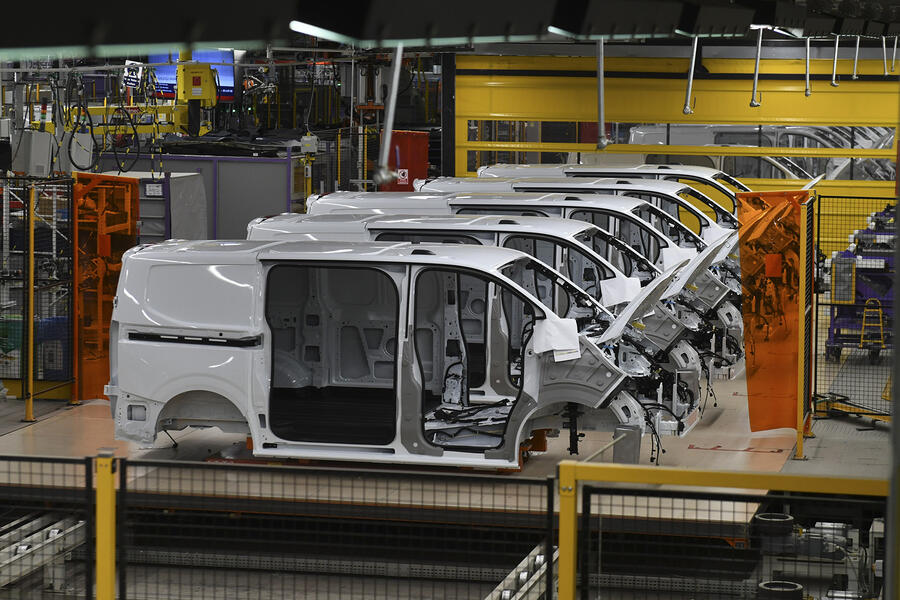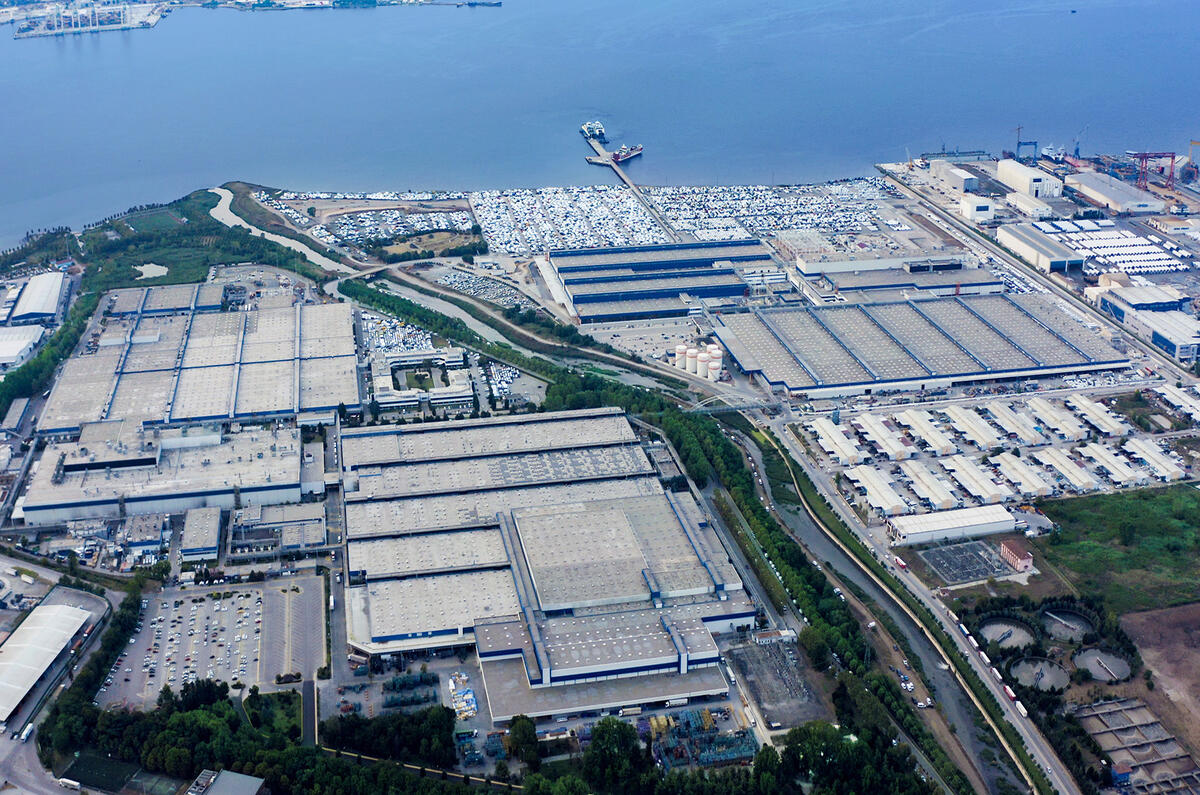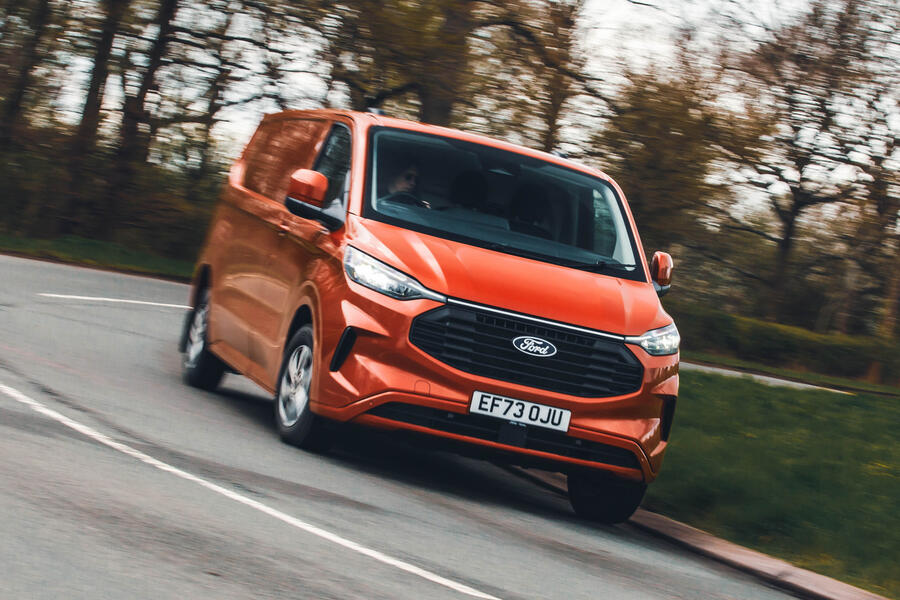For a long time the words Ford, Europe and profits were strangers as the firm's car business failed to translate popularity into income. Even its money-making van business couldn’t staunch the red ink in the region.
Now, however, after Ford dramatically slimmed down the car business and poured investment into vans, the company’s profitable joint-venture partnership that builds Ford Transits in Turkey is turning into a goldmine for its partners as its annual production capacity approaches almost a million vehicles.
Last year Ford Otosan – a 50:50 partnership between Ford and Turkey’s Koc Holdings – made a profit of the equivalent of £1.1 billion on revenues of £10.1 billion, both a record.
The resulting 10.7% operating margin was the second best in the last 12 years, during which it didn’t once make a loss.
Ford, on the other hand, posted a series of losses in Europe in the same timeframe, losing $398 million (£320 million) in 2018, $47 million in 2019, $851 million in 2020 and $154 million in 2021.

Ford’s restructuring in 2022 to focus on three strands of combustion-engine cars, EVs and commercials (Blue, Model E and Pro respectively) halted financial reporting of the regions, so we can no longer see the financial effect of Ford stripping out models like the Fiesta, Mondeo, Galaxy and S-Max, as well as shutting facilities such as the Bridgend engine plant and a gearbox plant in France.
However, the account books of Ford Otosan remain open thanks an 18% float on the Istanbul stock exchange (Ford and Koc own 41% each). And the story they tell is that Ford’s decision to focus on a relatively unknown partnership to strengthen its successful Transit van line is paying dividends (literally).








Add your comment